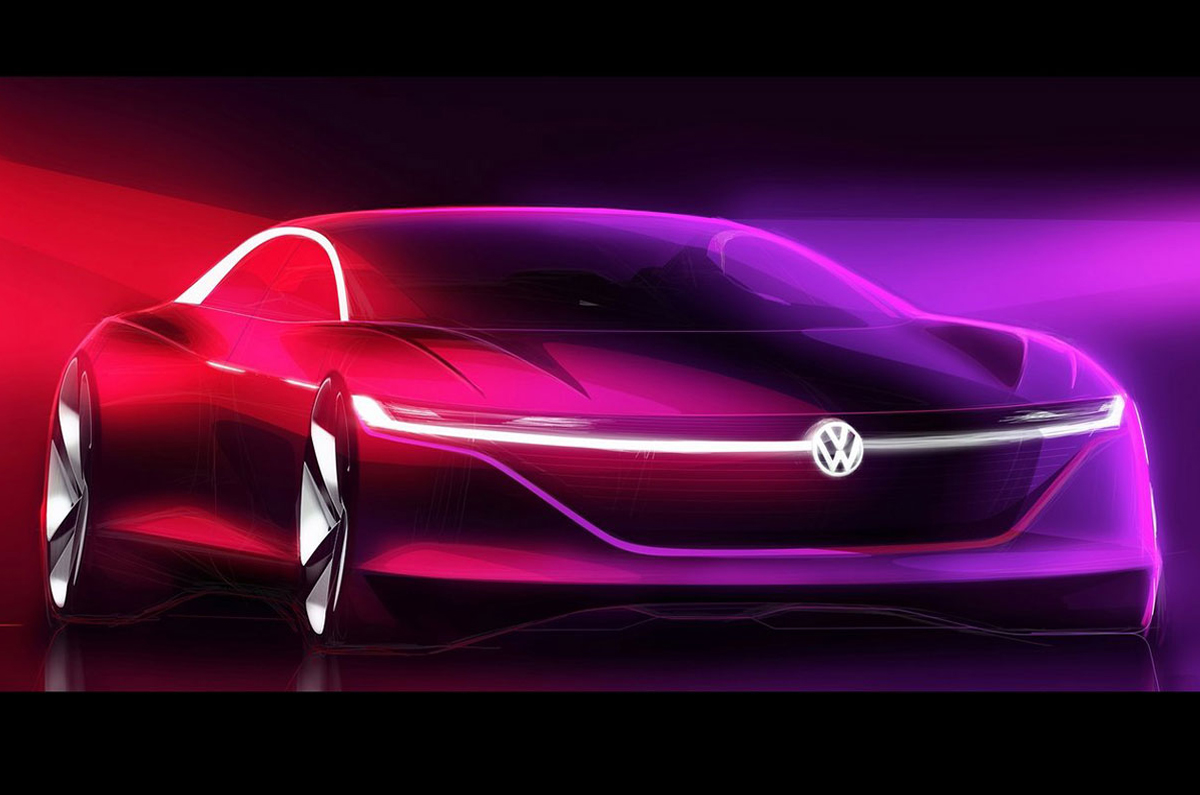
Volkswagen will invest €2 billion (around Rs 1,680 crore) in a brand new factory in Germany to build its new Trinity flagship EV from 2026. The company announced last year that it was planning a new facility in Wolfsburg, and has now given it the green light following approval from the board of management.
- Plant to manufacture Trinity flagship EV from 2026
- VW aiming at a 10-hour build time for each car
- Carmaker aims to match Tesla’s Gigafactory production capacity
It will be located close to the firm's existing Wolfsburg factory and serve as “a key component of the largest modernisation program in the history of Volkswagen’s main location,” Volkswagen said.
Construction is scheduled to get under way in the Wamenau area of the city in spring 2023 and is aimed at matching the manufacturing efficiency of Tesla’s new Gigafactory, which is currently in the final stages of construction in Gruenheide, near Berlin.
Volkswagen is aiming for a 10-hour build time for each Trinity and will implement a new production ethos at the Wamenau site: “Fewer variants, fewer components, more automation, leaner production lines and new logistic concepts.”
Rivalling the Gigafactory
Opening a new site, rather than building the Trinity in an existing plant, removes the need to disrupt production of other vehicles and allows for new production processes to be more easily implemented. Volkswagen earlier indicated that it would also be cheaper to construct a new factory than to retrofit its existing Wolfsburg site.
The planned site is envisioned to produce up to 2,50,000 cars per year, which is in addition to the 5,00,000-unit annual capacity of Volkswagen’s existing Wolfsburg site.
Tesla has announced that its new German Gigafactory will boast an annual output of up to 5,00,000 cars per year.
The Trinity is described by Volkswagen as “a highly efficient flat-seat concept with an iconic design”. It’s planned to be one of the first Volkswagen models to be based on the company’s new SSP (Scalable Systems Platform), which claims to possess even greater modularity than Volkswagen’s existing MEB structure, as well as providing the basis for Level 4 autonomous driving technology – projected to underpin over 40 million vehicles in its lifetime.
Volkswagen’s EV plans for India
The German brand is currently focusing on its India 2.0 products, which include the Taigun and the upcoming Virtus sedan. The company is also evaluating a market launch for the ID.4 in the near future.
Also See:
12 years on, Volkswagen Polo India production to end soon
Made-in-India VW T-Cross exports commence
https://ift.tt/bD3wuMr



